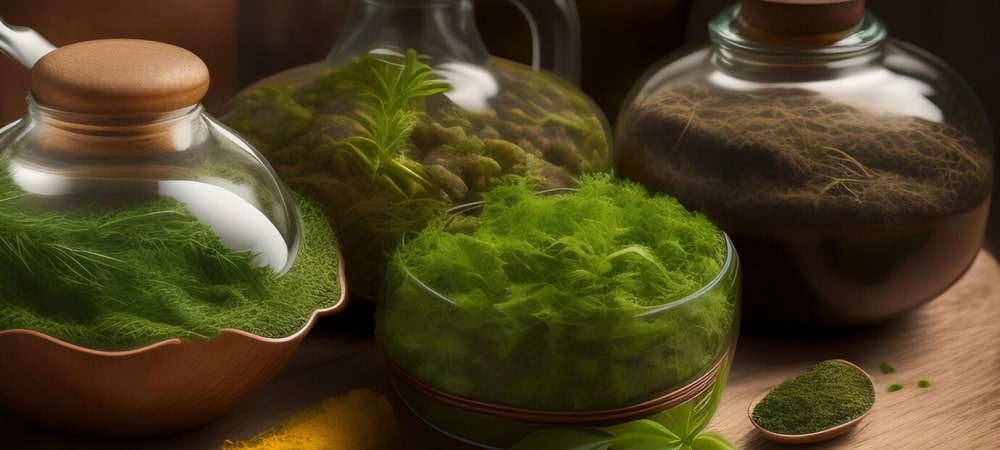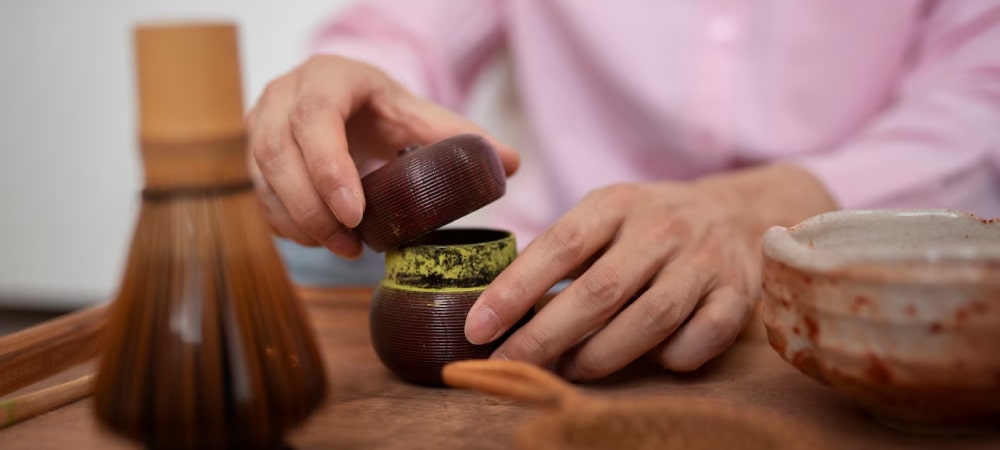
For inquiries, contact us at info@ayurvedicsarbrog.com or call +91 095921 20000. Stay updated on our latest offers and wellness tips.

Joint pain can significantly affect one’s quality of life, making even simple daily tasks challenging. While conventional treatments may offer relief, they often come with unwanted side effects. Ayurveda, the ancient Indian system of medicine, provides a holistic approach to treating joint pain without adverse reactions. Let’s delve into how Ayurvedic treatments can alleviate joint pain effectively and safely.
Before diving into Ayurvedic remedies, it’s crucial to understand the causes of joint pain. Factors such as ageing, injury, inflammation, and certain medical conditions like arthritis can contribute to joint discomfort. Traditional Ayurvedic texts attribute joint pain to an imbalance in the body’s doshas—Vata, Pitta, and Kapha.
Ayurveda emphasizes restoring the body’s balance to alleviate joint pain. This holistic approach involves dietary changes, lifestyle modifications, herbal remedies, and therapeutic techniques. Ayurvedic treatments aim to pacify aggravated doshas, reduce inflammation, strengthen tissues, and promote overall well-being.
Ayurvedic herbs offer potent solutions for managing joint pain. Here are some commonly used herbs and their benefits:
Renowned for its anti-inflammatory properties, turmeric can help reduce joint swelling and pain.
This adaptogenic herb aids in relieving stress and inflammation, thereby alleviating joint discomfort.
Shallaki is known for its analgesic and anti-arthritic properties, making it effective in managing joint pain associated with arthritis.
Guggulu possesses anti-inflammatory and detoxifying properties, promoting joint health and mobility.
In Ayurveda, diet plays a crucial role in maintaining overall health and managing joint pain. Here are dietary recommendations to support joint health:
Ayurveda offers various therapeutic techniques to alleviate joint pain and improve mobility. Some of these include:
The Bottom Line
In conclusion, Ayurveda offers a holistic and natural approach to combat joint pain without the risk of side effects associated with conventional treatments. By incorporating herbal remedies, dietary modifications, and therapeutic techniques, individuals can effectively manage joint discomfort and improve their quality of life. Embracing Ayurveda’s time-tested principles can lead to long-lasting relief and overall well-being.